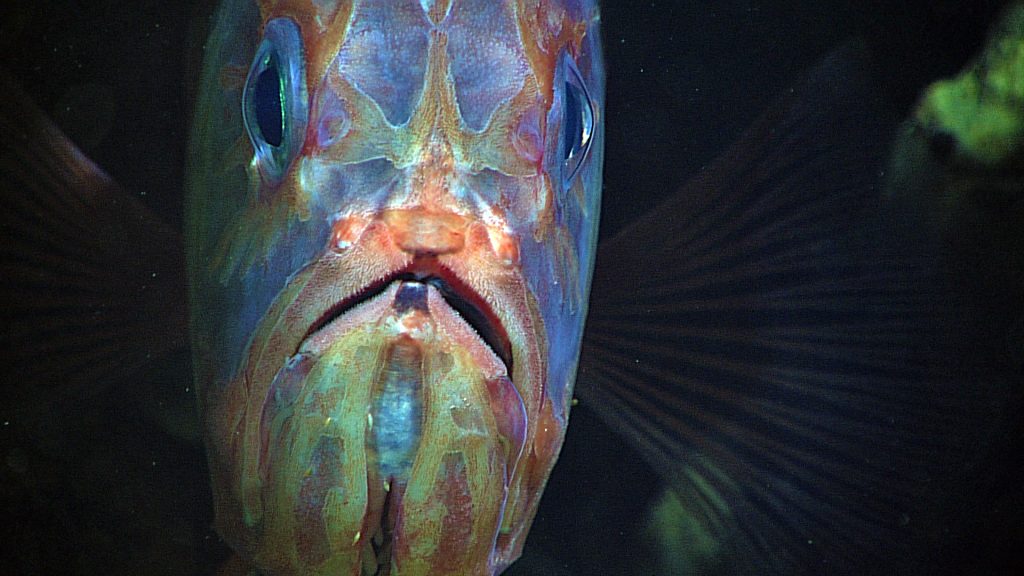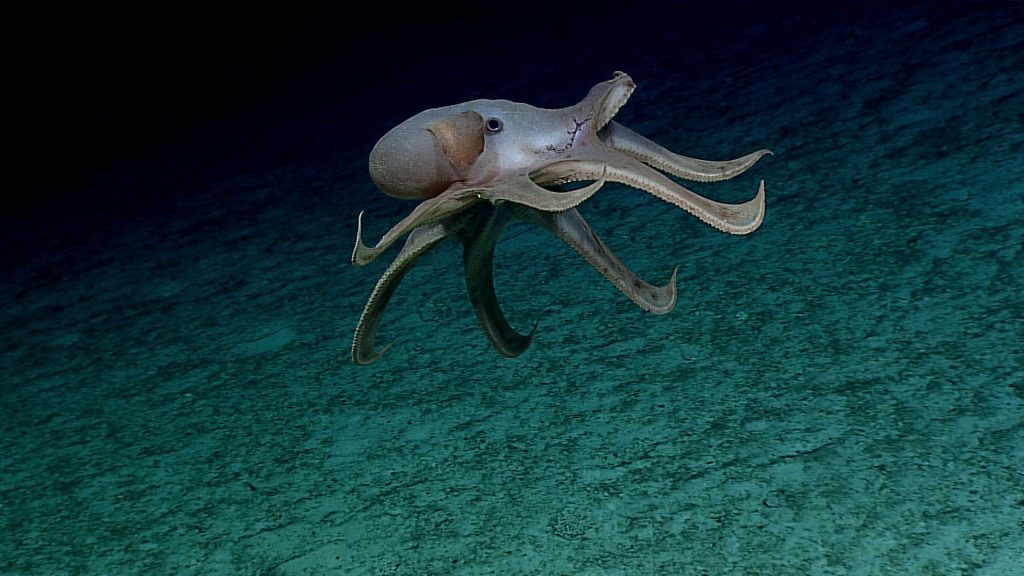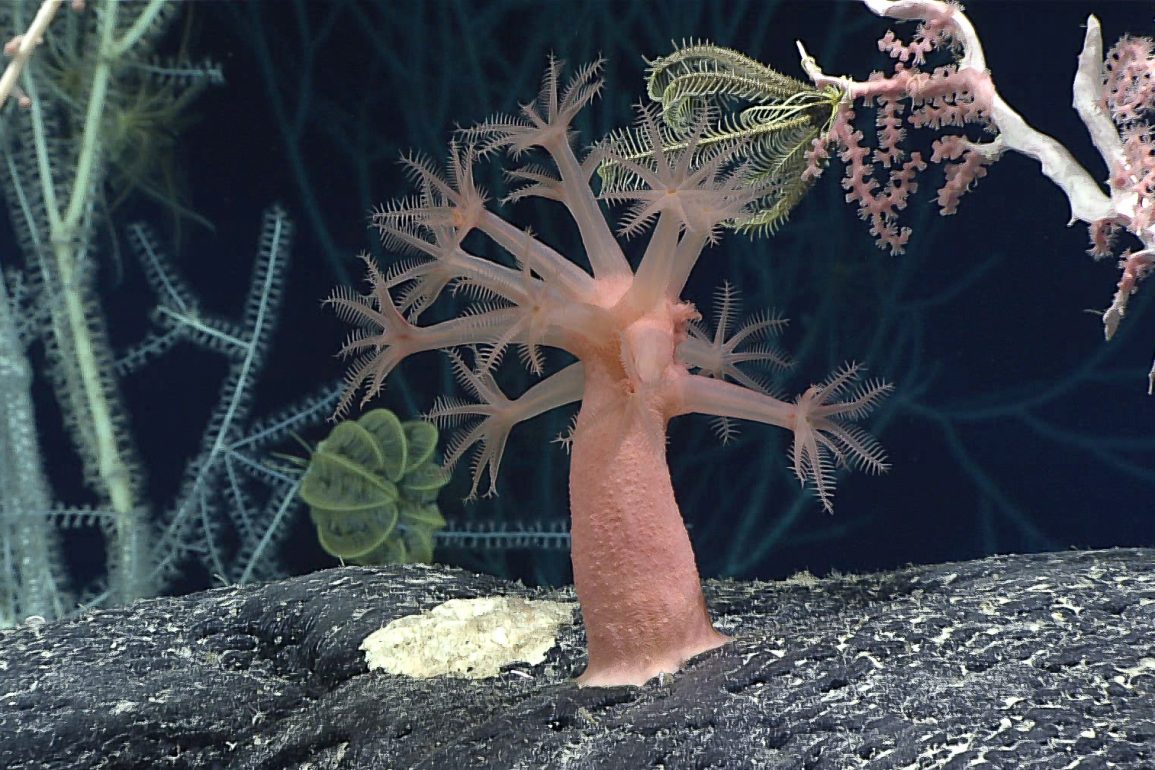World Ocean Day – June 8, 2020 – 10 amazing things you never knew about the deep ocean – The deep sea is the largest habitat on Earth, making up around 95% of Earth’s living space.
The greatest ocean depth ever measured is 11,000 meters – that’s seven miles, equivalent to the average altitude of a passenger flight.
The deep sea is pitch black to human eyes, but some ocean sea fish are 15 to 30 times more light-sensitive and can detect light down to 1300m.
More people have travelled into space than the deepest parts of the ocean: 12 people have walked on the moon but only three people have descended to the ocean’s lowest known point, the Mariana Trench.
Scientists think there may be more species in the deep sea than in all the other environments on Earth combined – as many as 100 million species may live there.
In the deepest part of the ocean, pressure can be a thousand times greater than we experience at sea level – equivalent to 50 jumbo jets resting on you.
Scientists are still mystified about how many deep-sea creatures survive such high pressures: but we know they often have soft bones, small molecules that protect structures, and lack crushable air cavities.
The deep-dwelling Casper octopus – only discovered in 2016 – seems to lay its life down for its offspring, wrapping its body around its eggs for years to protect them, until they hatch and it dies of starvation.
Deep-sea hydrothermal vent systems are redefining our understanding of the requirements of life: hundreds of unique species are supported by heat-loving bacteria which survive by chemosynthesis, providing energy without light.
Deep-sea angler fish are so pliable that they can eat prey twice their size.
Want to know more?
Try the Deep Sea Conservation Coalition

5 things the ocean does for you every day
It keeps our climate stable by regulating the massive current systems that carry warm and cold water around the Earth.
It provides the oxygen for every second breath we take.
It counters global heating: the ocean has absorbed approximately 30% of the CO2 and 80% of the heat humans have generated in the past 200 years.
It gives you food: the ocean is the primary source of animal protein for over 2.6 billion people.
It provides livelihoods to 60 million people around the world ocean and contributes around US$3 trillion per year to the global economy.
Want to know more?
Try OneOcean


5 reasons Why we love the Ocean
Chemicals isolated from ocean life continually advance medicine: the test being used to diagnose COVID-19 was developed using an enzyme isolated from a microbe found in deep-sea hydrothermal vents.
The ocean is home to arguably the cutest creature on earth, the deep-dwelling Dumbo Octopus – and also the most impressive, the blue whale.
Scientists have shown that living near the sea, spending time by the sea and even the sound of the sea is good for your mental health.
The “seaside” is a fundamental part of childhood experience, adult memories and nationalities’ sense of identity.
The deep ocean is one of the last mysterious and unexplored regions on Earth.
Poppy Watt


